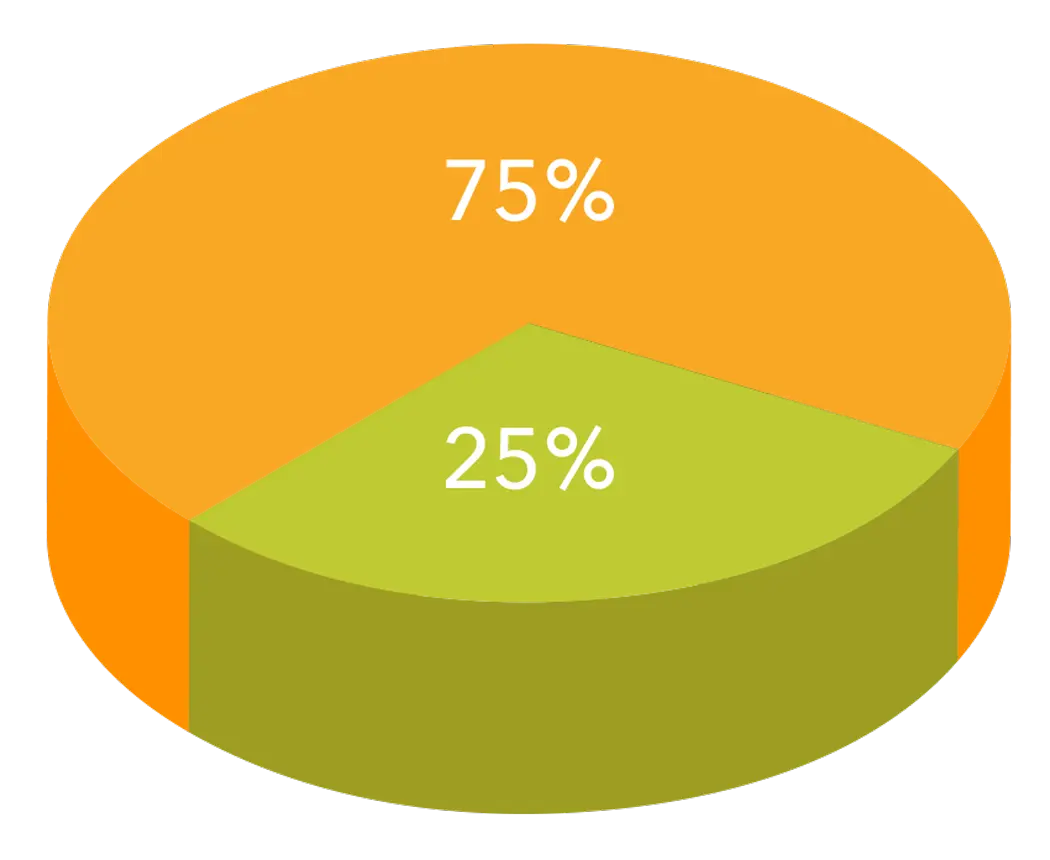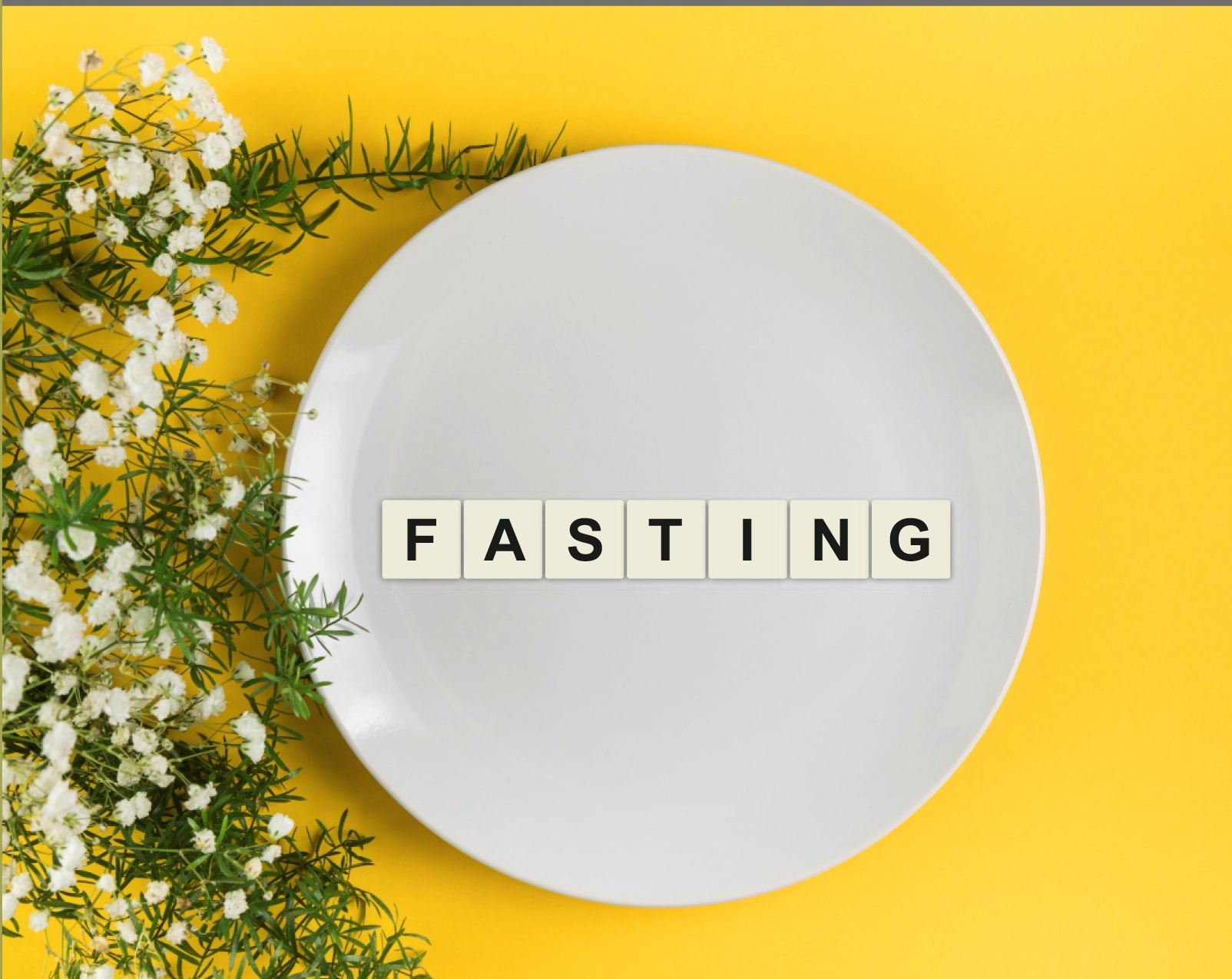“Swasthasya swasthya rakshanam aathurasya vikara prasamanam”
(Charak Sutrasthan 30/26)
Ayurveda is meant for maintaining health of a healthy body and curing diseases of diseased.

During the last couple of decades, we have seen diet trends go from one extreme to another with schizophrenic frequency. First there was Atkins, where we were told to eat only meat, and now we are all going vegan, which is diametrically opposed to what we were advised just a decade ago. But Ayurveda never advocates a vegan diet nor otherwise. So, the question that arises is, 'What on earth should we eat?' 'When should we fast?'
Ayurveda, the science of life, has much to discuss about diet and fasting. It is understood in Ayurveda that natural observances of time of day and time of year can support the intention of optimal health, combined with knowing one’s own constitutional needs. Because What may be good for one person can be detrimental to another. Ayurveda has a long tradition of utilizing fasting as a vital practice for maintaining and regaining health. In our society, fasting is often viewed as a type of denial or deprivation, but you can instead choose to see fasting as a gift to yourself: a much needed rest from the constant barrage of foods and experiences you take into your body.

Fasting is an effective way to kindle the digestive fire and burn away accumulated toxins from the body and mind. It also eliminates gas, makes the body light, improves mental clarity, and preserves overall health. Ayurveda favors regular, short-term fasting over infrequent, long-term fasting. This could entail fasting on the same day each week or setting a few days aside each month to fast, depending on your constitution and cleansing requirements. According to Ayurveda, abstaining from food or water for extended periods of time depletes bodily tissues, leading to doshic imbalance.
Our bodies use around 75 percent of our energy to digest the food. This means that we have only around 25 percent energy for other activities, including intellectual. When we fast, the body has that much more energy to spend on detoxifying itself. The intestines use this time to process the toxins floating around and digest them well. Once that happens, the body is lighter and stronger. There is a spike in the growth hormone and a decrease in insulin. One of the widely cited intermittent fasting benefits includes the incredible increase in the human growth hormone (which usually decreases with age). In adults, the growth hormone is essential for brain function, building lean muscle, healing, and cellular longevity. Facilitates the regeneration of new immune system cells. This boosts immunity and helps in longevity.

A regular practice of mindful eating, per constitution, with appropriate physical activities, and some herbal support as supplements can go a long way before the necessity of aggressively changing a diet or radically depriving the body. Where is the mind in all this, and is it happy doing? Is the detox/fast meant to be a quick fix? Does the body need to detox?
Remember, that when we fast, it is a detox process. In Ayurveda, to detox we are practicing the “two R’s”: Regulate Agni, Remove Ama. Where Agni refers to the digestive fire, Ama refers to unprocessed food in body.

Ayurveda believes that ama is the root cause of all disease. Ama is a result of poor digestion of whatever we take into the body, which is why we need strong Agni. When you first begin to accumulate ama, you may experience many things including cravings, mood swings, fatigue, fogginess, anxiety, bad breath, coating on the tongue, body odor, and sluggishness. If you continue to indulge in poor dietary habits and create more ama, this toxic undigested foodstuff eventually migrates into the bloodstream and circulates throughout the body. This sticky, heavy ama eventually manifest in more serious conditions. It is important to halt and eliminate ama before it causes deeper problems hence fasting is particularly important.
According to Ayurveda, people are made up of different Prakrutis (constitutions) - vata, pita, and kapha. People can choose the type of fast based on their individual constitution. Ayurveda also prescribes a dry fast (no consumption of food or liquids); only liquids; or semi-solid food (like khichdi) depending on a person’s Prakruti (constitution). The frequency of fast depends on the individual. E.g.: once a week / once in a fortnight. Children, the invalid, and the elderly can be excused from fasting. Fasting could cause a little discomfort in the beginning. E.g.: nausea, stomach aches, or headaches. That is just the body cleaning itself of toxins.
Several other benefits are Better sleep, Reduces inflammation, More mental alertness, Decreased lethargy in the body, Better digestion, reduced bloating, and Weight loss.
General Tips:

1) Choose the length of your fast conservatively. You should not feel weak, depleted, irritated, or painfully hungry. If you experience any of these, you should introduce more solid foods immediately.
2) Everyone should still eat their largest “meal” at lunch time when digestion is strongest, with a smaller meal for breakfast, and smaller still meal at dinner.
3) Remember to eat only when you are hungry.
4) A tea made of cumin, coriander, and fennel seeds is beneficial for everyone as it supports the digestive fire while gently removing toxins.
5) Triphala is another herbal combination that is beneficial for most people during a fast as it is a gentle detoxifier and supports the digestive system while promoting healthy elimination.
6) If you do choose to fast one day a week, it is better to choose the same day every week.
7) During a fast you may feel a little tired, light-headed, or have a headache as toxins are released and your body is purified. These are all good signs and will pass in a short time. If these symptoms persist, discontinue your fast. You should start to feel better and lighter as your body welcomes rejuvenation, increased energy, and clarity.
Meditation and journaling are useful practices that are nourishing to your process during the fast. Remember to reduce your activity and allow for rest.
In Ayurveda, we strive to address both the body and mind simultaneously, with the least amount of stress. Meaning, Ayurveda is about the long-term, not just short-term, and immediate gratification. We want something sustaining for many years to come with the least amount of casualty, while knowing that maybe those things you gave up were really for the best. How do you know? Your body will thank you and your mind will feel more balanced.

SPRING DESSERT
Honey provides skin health both topically and internally. This recipe uses the best part of spring fruits and mixes it with honey and nuts, making a family loved dessert.
Ingredients
- 2 tablespoons ghee
- 1 medium sweet apple, sliced into wedges
- ¼ cup blueberries
- 1 pear, sliced wedges
- ¼ cup cherries
- ¼ teaspoon cinnamon
- ¼ teaspoon nutmeg
- ½ a lemon for juice
- 1 strand of saffron
- ¼ tablespoon of raw honey
DIRECTIONS
Combine all the fruits into a small saucepan with the ghee at medium heat.
Once the fruits are coated with ghee, add the cinnamon and nutmeg. Stir to combine. Allow 3 minutes to cook. The fruits should be warm but not mushy.
Add the lemon juice and saffron. Remove from heat.
Once the fruits are in a serving bowl, add the honey.
Enjoy!

